Tourmaline Bio Acquisition by Novartis signals a pivotal acceleration in cardiovascular innovation. In a cash transaction valued at $1.4 billion, the Swiss pharmaceutical giant is acquiring Tourmaline Bio (NASDAQ: TRML) for $48.00 per share, a 59% premium over its last closing price and a striking 127% above its 60-day average.
This aggressive valuation isn’t mere optimism. It reflects a calculated wager on pacibekitug, Tourmaline’s flagship anti-IL-6 monoclonal antibody targeting chronic cardiovascular inflammation, a domain still underserved despite growing clinical validation.
A Strategic Convergence of Vision and Molecule
Behind the Tourmaline Bio acquisition by Novartis lies more than just a late-stage biotech asset. It’s a strategic alignment. Pacibekitug doesn’t just inhibit IL-6; it offers a long half-life, low immunogenicity, and a differentiated mechanism, potentially setting a new benchmark for inflammation management in atherosclerotic cardiovascular disease (ASCVD).
For Novartis, the acquisition deepens its cardiovascular arsenal, complementing a pipeline increasingly geared toward residual risk mitigation rather than traditional lipid management alone. In a sector that has long sought anti-inflammatory therapeutics without wide adoption, this could be the breakthrough.
The Premium Price of Conviction
The $48 per share offer underscores the market’s renewed focus on inflammation as a therapeutic target. While investors might lament losing Tourmaline’s long-term independence, the immediate 59% uplift is hard to ignore, especially in a biotech environment still shadowed by capital tightening.
Moreover, the move allows Novartis to secure the asset ahead of pivotal readouts that could inflate valuations even further. Timing here is not coincidence, but conviction.
Caveats and Closing Conditions
Like any cross-border biotech acquisition, completion is subject to the usual array of regulatory approvals and a majority shareholder tender. Until then, Tourmaline will remain independent, albeit with its destiny now clearly charted.
The deal is expected to close in Q4 2025.
Outlook: A High-Stakes Inflammatory Play
What makes this acquisition especially compelling is its thematic resonance. Inflammation is fast becoming the next frontier in cardiometabolic disease, and Novartis is placing a definitive bet.
In doing so, it sends a clear message to the market: future leadership in cardiovascular care will hinge not just on lipids or blood pressure, but on inflammation control.


